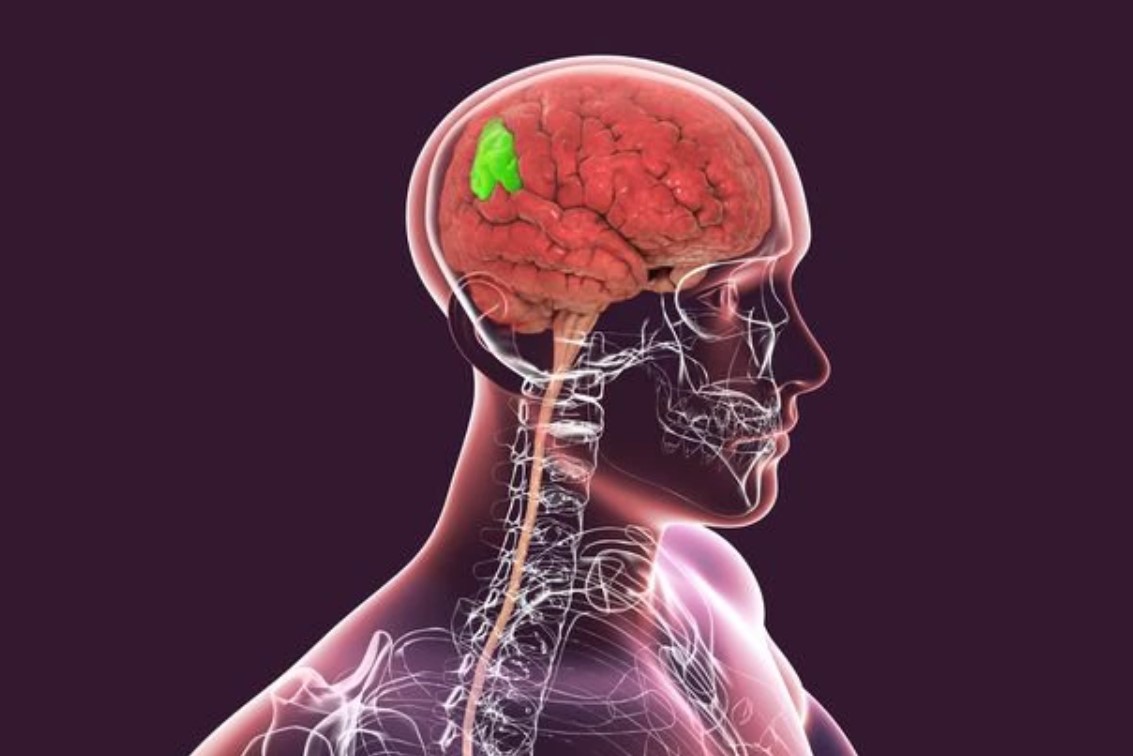A neuroscientist has unveiled three major habits that are devastating to brain health that many of us are probably doing The consultant who goes by Em On The Brain on TikTok revealed everything you ‘feed’ your brain has a consequence, even if you don’t realise it. That includes anything from the food you consume to the information you read every day when you wake up…Click Here To Continue Reading>> …Click Here To Continue Reading>>
“Three things I will not do as a neuroscientist in order to protect my brain,” she said, posting to TikTok. “Number one is go on my phone when I wake up in the morning. The content that you consume during this time will have a greater impact on your mindset and messes up our dopamine for the rest of the day so that we continue to check our phones.”
Believe it or not, Em isn’t alone in thinking this. Rosey Davidson, a sleep consultant at Just Chill Baby Sleep, said our brains are ‘more relaxed and suggestible’ when we initially wake up. She told GloucestershireLive: “When we wake up, our brain transitions from the deeper sleep brain waves (like delta and theta waves) through alpha waves and finally to beta waves.
“This transition makes us more relaxed and suggestible, which is why consuming phone content immediately upon waking can strongly influence our mood and mindset for the day. [Meanwhile,] looking at phone content late at night affects our sleep by exposing us to blue light, which suppresses melatonin production, a hormone crucial for sleep.
“To improve sleep and mental health, establish a bedtime routine that limits screen time an hour before sleep. Upon waking, take a few moments to breathe and set intentions before reaching for your phone. If you can charge it on the other side of the bedroom, or outside of the bedroom this puts an extra barrier in place.”
Next up, Em drew to negative self-talk. Repetitive thoughts or self-loathing can reinforce any skewed opinions you hold or even worsen depression. According to Alzheimer’s Research UK, people who suffer from depression or anxiety are far more likely to experience dementia and a deterioration of brain health. As many as 4% of global dementia cases may be linked with depression. READ FULL STORY HERE>>>CLICK HERE TO CONTINUE READING>>>
Em explained: “What you say to yourself matters and the more you put that into your brain, the more it gets wired in. And what’s wired in, is what we manifest.” From a psychological perspective, counsellor Georgina Sturmer also agreed.
She said: “I would certainly suggest that we have an opportunity each morning to reset ourselves for the day. To allow ourselves time to be kind to ourselves, to feel grounded, and to reflect on our sense of purpose.”
Our diets are equally important, with Em stressing highly-processed foods are another big no-no for brain health. Helen Bell, a nutritionist at the UK Care Guide also agreed with this – especially when it comes to our first meal of the day.
She said: “In my experience, foods high in refined sugars and trans fats are particularly harmful to brain health when consumed first thing in the morning. These include sugary cereals, pastries, and processed breakfast bars. When you start your day with such foods, it can lead to a rapid spike in blood sugar levels, followed by a crash. This fluctuation can make it harder to concentrate and think clearly.
“I always recommend starting your day with foods high in healthy fats, protein, and complex carbohydrates. For breakfast, options like avcado on whole-grain toast, Greek yoghurt with nuts and berries, or a smoothie with spinach, banana, and almond butter are excellent choices. These foods provide sustained energy and essential nutrients that support brain function.
“Throughout the day, I advise my clients to incorporate foods rich in omega-3 fatty acids, such as salmon, flaxseeds, and walnuts, as these are known to support brain health. Additionally, fruits and vegetables high in antioxidants, like blueberries, spinach, and broccoli can help.”


 SPORTS11 months ago
SPORTS11 months ago
 METRO11 months ago
METRO11 months ago
 SPORTS8 months ago
SPORTS8 months ago
 METRO10 months ago
METRO10 months ago
 SPORTS11 months ago
SPORTS11 months ago
 IN-THE-NEWS11 months ago
IN-THE-NEWS11 months ago
 SPORTS10 months ago
SPORTS10 months ago


